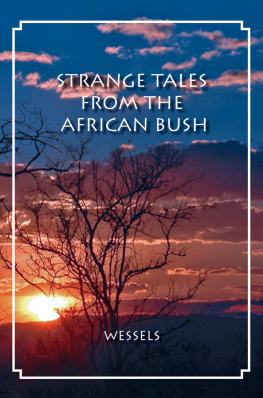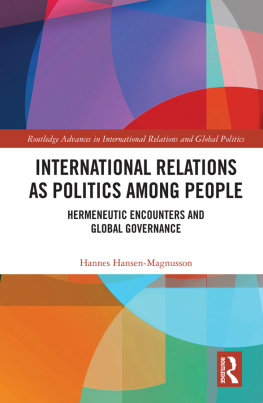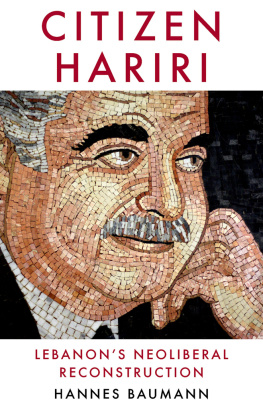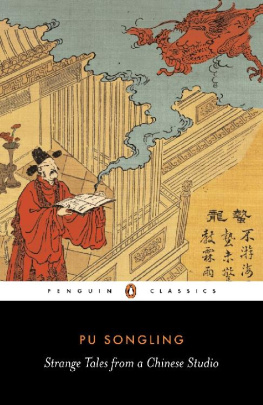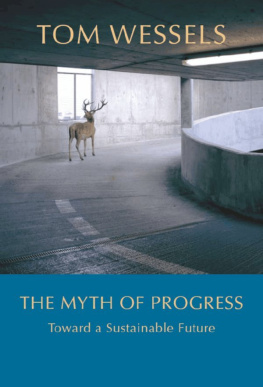Hannes Wessels - Strange Tales from the African Bush
Here you can read online Hannes Wessels - Strange Tales from the African Bush full text of the book (entire story) in english for free. Download pdf and epub, get meaning, cover and reviews about this ebook. year: 2012, publisher: Safari Press, genre: Non-fiction. Description of the work, (preface) as well as reviews are available. Best literature library LitArk.com created for fans of good reading and offers a wide selection of genres:
Romance novel
Science fiction
Adventure
Detective
Science
History
Home and family
Prose
Art
Politics
Computer
Non-fiction
Religion
Business
Children
Humor
Choose a favorite category and find really read worthwhile books. Enjoy immersion in the world of imagination, feel the emotions of the characters or learn something new for yourself, make an fascinating discovery.
- Book:Strange Tales from the African Bush
- Author:
- Publisher:Safari Press
- Genre:
- Year:2012
- Rating:4 / 5
- Favourites:Add to favourites
- Your mark:
- 80
- 1
- 2
- 3
- 4
- 5
Strange Tales from the African Bush: summary, description and annotation
We offer to read an annotation, description, summary or preface (depends on what the author of the book "Strange Tales from the African Bush" wrote himself). If you haven't found the necessary information about the book — write in the comments, we will try to find it.
Strange Tales from the African Bush — read online for free the complete book (whole text) full work
Below is the text of the book, divided by pages. System saving the place of the last page read, allows you to conveniently read the book "Strange Tales from the African Bush" online for free, without having to search again every time where you left off. Put a bookmark, and you can go to the page where you finished reading at any time.
Font size:
Interval:
Bookmark:


This book is dedicated to that special breed who hunt hard and fair, kill with skill and care, and guard the wild places.
ACKNOWLEDGMENTS
Thanks to Trevor Lane for leading me astray in the first place, to Chunkie Beukes for taking me north, to Bloodnut Curtis for leading me further astray, to that legion of cruel-heads of Rhodesian ancestry who have filled my life with laughter and excitement, to the trackers and scouts who always stayed the course without whom this way of life would not have been possible.
Thanks to Lotti van der Byl for the quietude and the beautiful surrounds of Fairfield Farm where I managed to get most of this down.
INTRODUCTION
There is little doubt that, if the countries once known as the Rhodesias did nothing else, they produced men of character. When Cecil John Rhodes was assembling a band of men to send north into the unknown, in a sense he set the pace. Political correctness was not required. He was looking for resourceful and resilient types who were not faint of heartconfident, competent individuals who could work as a team and who possessed the skills required to build a nation.
This penchant for elitism set a precedent and proved highly effective. The country, against all odds, developed faster than any other in recorded history; it was wrenched from barbarism to First World civility in less than thirty years. Sadly, all the fruits of that enterprise and fortitude were later sacrificed at the altar of African nationalism, but that is another, more tragic story.
While lawyers, accountants, doctors, and administrators all played a vital part, the new country was vast and untamed. Bringing it under control required the services of intrepid men who could survive on their own in an unusual and sometimes hostile environment, and who could work with, rather than against, the indigenous African. That requirement bred a peculiar type of individualism and attitude toward race, but the Rhodesians showed a remarkable acumen for survival.
Somehow, out of that adversity, appeared a unique brand of humor that has lingered to this day. It is all about being able to laugh at oneself and at ones real or imagined failings, no matter how dire the situation. And no member of this fraternity is allowed to believe that he can rise above it, no matter the extent of his wealth or position. It is a humbling ethos but also a bonding one, which has served as an important means of retaining a strong sense of camaraderie for an often besieged group of people through good times and bad. It has played an important role in keeping this dying breed together.
I am a product of this culture, and it is in this spirit that I have penned these stories. I hope I do not appear to be callous in my regard for my friends. Nothing could be further from the truth. Those about whom I write, are, or were, dear friends to whom I am forever indebted for bringing so much color, laughter, and excitement to my life. I consider myself very lucky to have lived so much of my time as part of their unusual brotherhood.
To some I fear these tales may appear to have a racist overtone. Again, I make no apologies. These stories are my attempt to re-create the actual scene, but they need to be seen in the correct context and understood in the spirit in which they are told. The relationship between the white hunter, farmer, or soldier and his African staff has always been a symbiotic one, with a great deal more symmetry than is obvious to the outsider. But it is not based on the conventional sense of what constitutes equality and so may indeed trigger outrage in the minds of some with a different perception of the awkward problems of ethnicity and race. The relationships I recount were generally happy, comfortable, and productive for all involved.
It seems to me that our present obsession with integration may sometimes be counterproductive. It has been my experience that people of different ethnic and racial groups do not always want to be forced into the same mix, where divergent cultures, values, and languages often make social interaction complicated and difficult.
What I can also affirm is that beneath the surface brashness, which sometimes may take on an abusive complexion, there is very often a well hidden but meaningful empathy that becomes obvious only in times of crisis. African hunting is replete with stories of members of the one racial group springing, almost instinctively, to the assistance of the other in the gravest of predicaments. That kind of selflessness is something one cannot be forced or paid to display. It grows as a result of mutual respect and admiration.
While these stories focus on specific events with, in many cases, the emphasis on the humorous, it must be said that all of those about whom I write, both black and white, have made significant contributions, sometimes at great physical risk to themselves, to save the Africa that we who appreciate the outdoors love so much.

| A LONG DAY IN MASAILAND |  |
I never planned on being a professional hunter, but being a white prosecuting attorney in a black country like Mugabes Zimbabwe was looking more and more like a frustrating way to go nowhere. After independence my country quickly followed the customary African line and disintegrated into a state of officially sanctioned corruption and lawlessness. One day, when I tried to do what I was paid to do, and bring justice to bear upon a ministers bodyguard accused of armed robbery, the full force of the lawthe real lawwas aimed at me. Life became unpleasant. The writing was on the wall, but where was I to go, what to do?
I missed my life in the army, and strangely, I missed the war. The smell of cordite, the clatter of helicopters, and the memory of the blood brotherhood that few men other than soldiers under fire are lucky enough to know were a haunting memory. Rambunctious and reckless, we had thrown ourselves at the enemy determined to kill and conquer, but then, our battlefield had been a level one, for they too had guns, grenades, bayonets, and rockets. The rules were simple: the better, braver, and more skillful killers would get to go home to a cold beer, and they would live to fight another day. The vanquished would, well, be looted and dead. But that was another time, another place, and it was well and truly past.
Afterward, my mind had turned only reluctantly to the business of prosecuting the poor wretches who paraded out of the holding cells in the early mornings, heads down like lambs to the slaughter. Something did not appeal to me about applying intellect and a fine education to contrive the conviction and punishment of ignorant tribesmen. I sat in my office and looked forlornly at the pile of dockets awaiting my attention.
Then the phone rang. An army friend needed help setting up a hunting company in Matabeleland in western Zimbabwe. A short conversation and the thought of going back to the bush, well away from politics and unsavoury intrigue, was all it took for me to abandon the legal profession. I informed the attorney general of my decision and some of the reasons why, and he, being from the old school, understood and wished me well. My father, who had expended a significant sum in sending me to university, was less sanguine.
Font size:
Interval:
Bookmark:
Similar books «Strange Tales from the African Bush»
Look at similar books to Strange Tales from the African Bush. We have selected literature similar in name and meaning in the hope of providing readers with more options to find new, interesting, not yet read works.
Discussion, reviews of the book Strange Tales from the African Bush and just readers' own opinions. Leave your comments, write what you think about the work, its meaning or the main characters. Specify what exactly you liked and what you didn't like, and why you think so.

